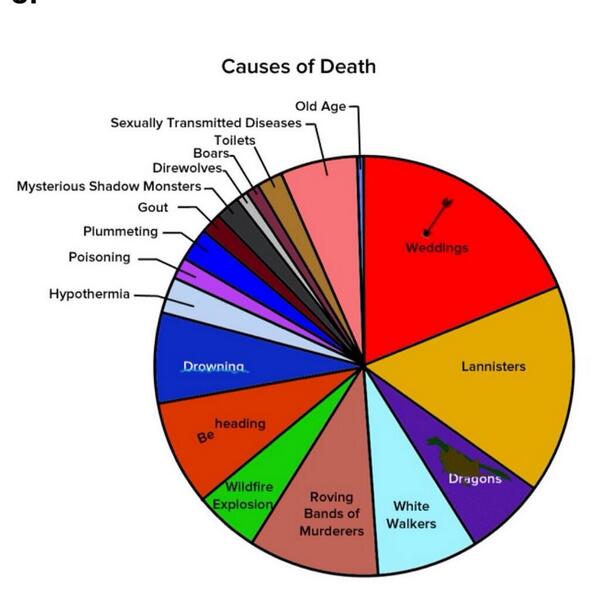Esoteric and spiritual teachers have known for ages that our body is programmable by language, words and thought. This has now been scientifically proven and explained. The human DNA is a biological Internet and superior in many aspects to the artificial one. The latest Russian scientific research
Russian (Russian: ру́сский язы́к, tr. rússkiy yazýk) is an East Slavic language and an official language in Russia, Belarus, Kazakhstan, Kyrgyzstan, and many or unrecognised territories throughout Eurasia (particularly in Eastern Europe, the Baltics, the Caucasus, and Central Asia).
Indicators of language endangerment. Three main criteria are used as guidelines for considering a language ‘endangered’: The number of speakers currently living. The mean age of native and/or fluent speakers.




Get the latest international news and world events from Asia, Europe, the Middle East, and more. See world news photos and videos at ABCNews.com


Debating Europe has been taking a look at the question of independence for Catalonia recently, and we’ve collected our various posts on the
Hi, Natalie, I am a bilingual/Russian speech/language pathologist. Based on my knowledge and experience, I will not recommend you to travel 1.5 hours to receive bilingual/Russian therapy.
May 26, 2018 · Specialized Terminology Terminology that is not used by the general population and is more specific to technology, insurance, agriculture, construction, geology, machinery, etc.




Russian (Russian: ру́сский язы́к, tr. rússkiy yazýk) is an East Slavic language and an official language in Russia, Belarus, Kazakhstan, Kyrgyzstan, and many or unrecognised territories throughout Eurasia (particularly in Eastern Europe, the Baltics, the Caucasus, and Central Asia).
Russian grammar employs an Indo-European inflexional structure, with considerable adaptation.. Russian has a highly inflexional morphology, particularly in nominals (nouns, pronouns, adjectives and numerals).
Welcome to Russia. The Russian character has been formed over centuries and traditions persist despite 70 years of communism. America and Russia Similarities
